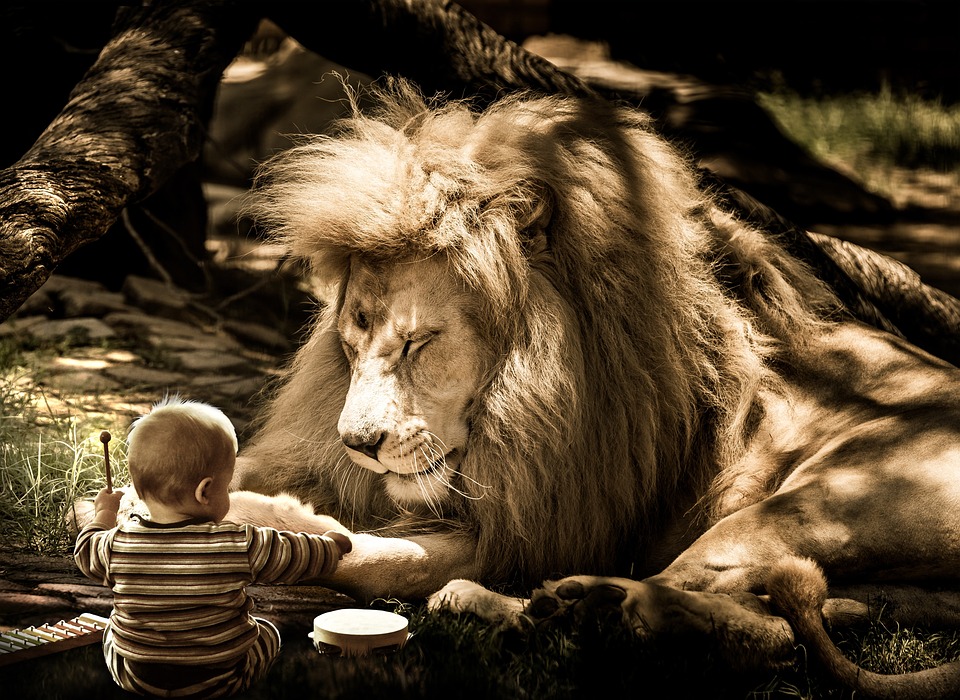As cat owners, one of our responsibilities is to ensure that our feline companions maintain a healthy weight. Obesity is a common problem among cats and can lead to various health issues, including diabetes, arthritis, and heart disease. In this article, we will discuss effective strategies to help your cat maintain a healthy weight and answer some frequently asked questions related to feline weight management.
Understanding the Importance of a Healthy Weight for Cats
Maintaining a healthy weight is crucial for your cat’s overall well-being. An overweight or obese cat is at higher risk of developing several health problems, such as diabetes, urinary tract disease, and liver disease. Additionally, excess weight can put strain on their joints, leading to arthritis or mobility issues. It is essential to prioritize weight management to ensure a long and healthy life for your beloved pet.
Creating a Balanced Diet for Your Cat
A balanced diet is the foundation of a healthy weight. Cats are obligate carnivores, which means their diet should primarily consist of animal protein. High-quality commercial cat foods formulated for weight management can be a convenient option. Look for products that list a quality source of animal protein, such as chicken or fish, as the main ingredient. Avoid foods with excessive fillers, carbohydrates, or artificial additives.
Feeding Guidelines for Weight Management
Consulting with your veterinarian is crucial to determine the appropriate caloric intake for your cat’s weight management plan. They will consider factors such as your cat’s age, breed, activity level, and overall health. Typically, a weight loss plan will involve reducing the number of calories your cat consumes without compromising essential nutrients. Avoid drastic calorie cuts, as it may lead to nutritional deficiencies. Divide the daily recommended portion into smaller meals throughout the day to prevent overeating.
Encouraging Regular Exercise
Physical activity plays a vital role in maintaining a healthy weight for your cat. Engage your feline friend in interactive play sessions using toys and laser pointers. Encourage climbing and jumping by providing cat trees or elevated perches. Additionally, consider puzzle feeders or treat-dispensing toys to make mealtime more engaging and mentally stimulating. Aim for at least 15-20 minutes of playtime per day to enhance weight management efforts.
Monitoring Your Cat’s Weight
Regularly monitoring your cat’s weight is essential to ensure the effectiveness of your weight management plan. Use a digital scale designed for pets and weigh your cat at least once a month. Record the weight and track any changes. If you notice a consistent increase or a plateau in weight loss, consult your veterinarian for further guidance. They may need to adjust the diet or exercise regimen to optimize your cat’s weight management.
Frequently Asked Questions (FAQs)
Q1: How can I tell if my cat is overweight?
A1: You can assess your cat’s weight by feeling their ribs. If you can easily feel the ribs with slight fat covering, your cat is likely at a healthy weight. If the ribs are difficult to feel or there is a thick layer of fat, your cat may be overweight.
Q2: Can I use homemade diets for weight management?
A2: Homemade diets can be challenging to formulate correctly, especially for weight management. It is recommended to consult with a veterinary nutritionist to ensure the diet is nutritionally balanced and meets your cat’s specific needs.
Q3: Are there any weight loss supplements for cats?
A3: Weight loss supplements for cats are not recommended without veterinary guidance. The best approach is to focus on a balanced diet and regular exercise. Consult your veterinarian before considering any supplements.
Q4: My cat is not interested in exercise. What should I do?
A4: Cats may require some motivation to engage in physical activity. Experiment with different toys, play styles, or treats to find what excites your cat. Gradually increase the duration and intensity of play sessions to encourage exercise.
By following these guidelines, you can help your cat achieve and maintain a healthy weight. Remember to consult your veterinarian for personalized advice and recommendations based on your cat’s individual needs. A healthy weight will not only enhance your cat’s quality of life but also contribute to their overall longevity.








